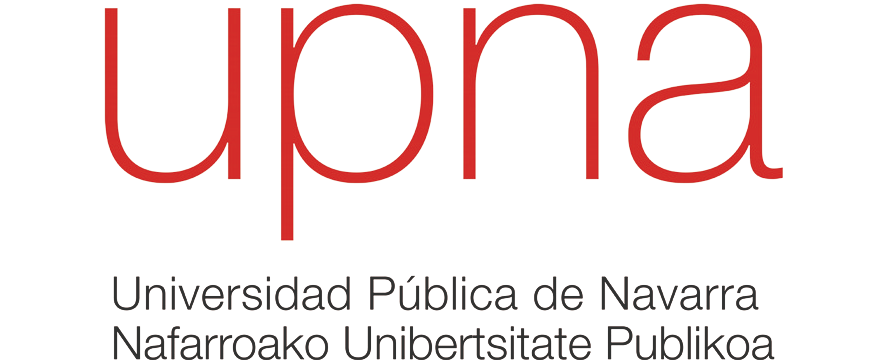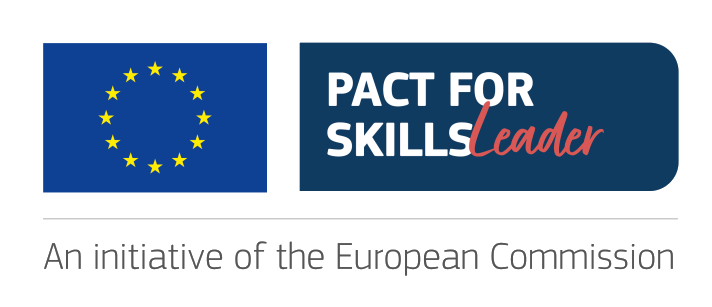About UPNA
UPNA was founded in 1987. While a young university, it is a fast-growing institution that is already offering 25 Bachelor’s degrees, 9 of which are International Programs, 27 Master’s degrees, 15 PhD programs and 41 specialisation courses. Over 1,000 professors and researchers and 500 administrative staff are responsible of providing high quality education to the more than 9,000 students enrolled every year. UPNA’s programmes are taught in two engineering schools, the Higher Technical School of Industrial and ICT Engineering, and the Higher Technical School of Agricultural Engineering and Biosciences, and four Faculties, Faculty of Human, Social and Educational Sciences, Faculty of Economics and Business Administration, Faculty of Law and the Faculty of Health Sciences. It also features the Navarra Doctorate School (EDONA).
According to the CYD Foundation, UPNA is the leading university in Spain for its contribution to regional development. Furthermore, it is the sixth university in the world in the accomplishment of the sustainable development goal “Zero Hunger” (SDG2), according to the Times Higher Education Impact 2021 ranking, in which UPNA is ranked between the 200 and 300 positions. In 2010, UPNA, in cooperation with the neighbour Universities of Zaragoza, La Rioja and Lleida promoted the creation of Campus Iberus, a “knowledge ecosystem” that seeks excellence, cooperation and efficiency in teaching, research and innovation, as well as an enhanced impact in the Ebro Valley region and in its international dimension. UPNA leads public universities in job access of the students that graduate and has helped the labour insertion of than 35,000 graduates. All UPNA degrees offer the possibility to do curricular internships, a choice taken by 70% of students.
UPNA has developed a marked international character. It is a plurilingual university that offers teaching in Spanish, English, Euskera and French. It has more than 300 mobility agreements with universities from 50 countries, and every year exchanges more than 700 students, between incomings and outgoings. As of today, 26% of UPNA undergraduates has got a mobility experience, and the enrolment of international students has been increasing, particularly in the last few years in postgraduate studies: 14% of newly enrolled students in Master degrees are foreigners, reaching 21% in PhD students, close to European average. UPNA is also a proud member on the UNITA consortium, one on the 44 European Universities which, according to the European Commission, will <<lead the way towards the universities of the future, promoting European values and identity, and revolutionising the quality and competitiveness of European higher education>>.
The UPNA research institutes boast groups of excellent researchers that work with a multidisciplinary approach in solving complex problems with relevant research activities: Smart Cities Institute (ISC), Institute for Advanced Materials and Mathematics (INAMAT2); Institute for Advanced Research in Business and Economics (INARBE); Institute on Innovation and Sustainable Development in Food Chain (IS-FOOD); Institute for Advanced Social Research (ICOMMUNITAS); and the Institute for Multidisciplinary Research in Applied Biology (IMAB). UPNA is part of Navarrabiomed, a public research centre in biomedicine, together with the Navarra University Hospital.



